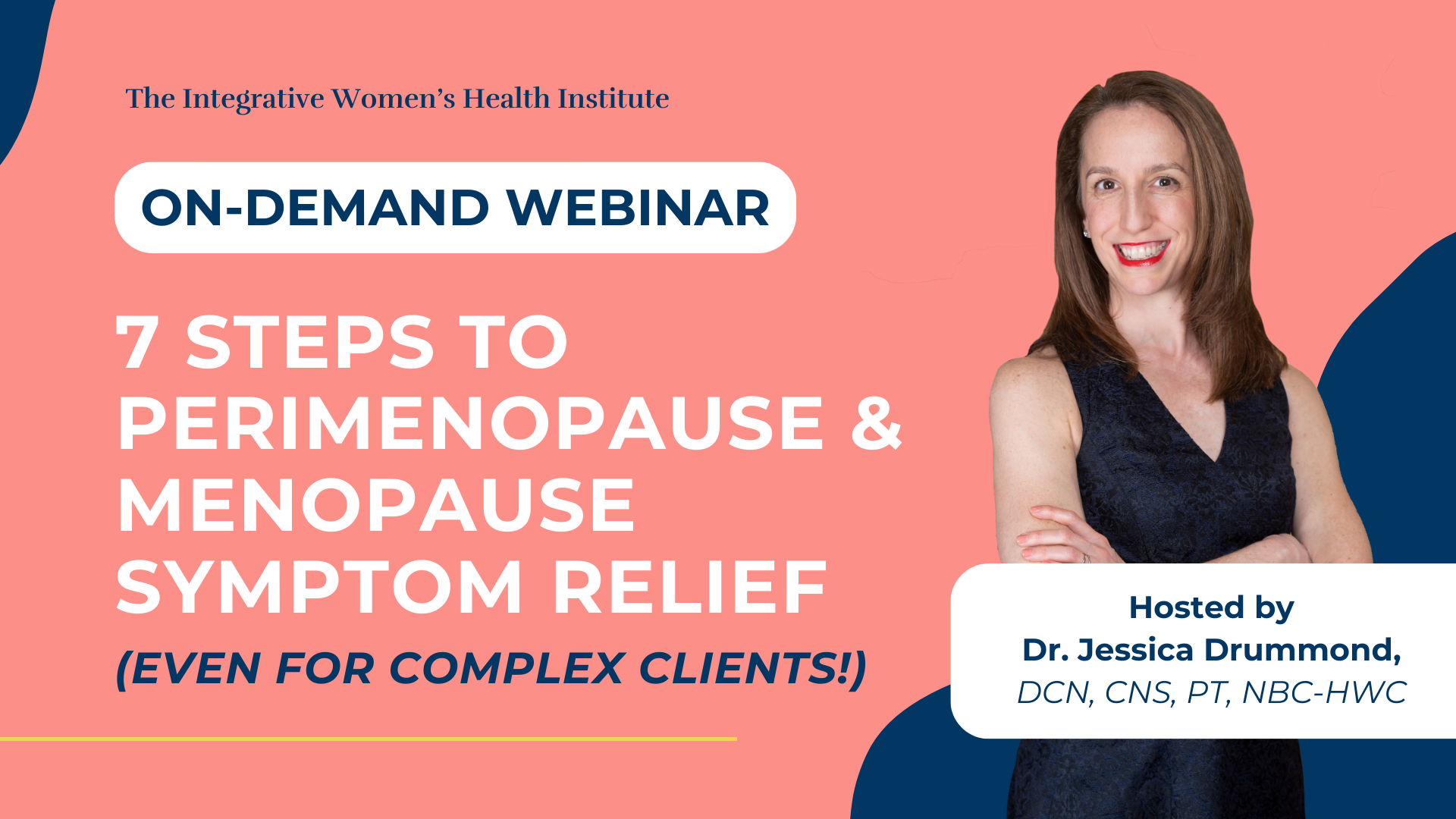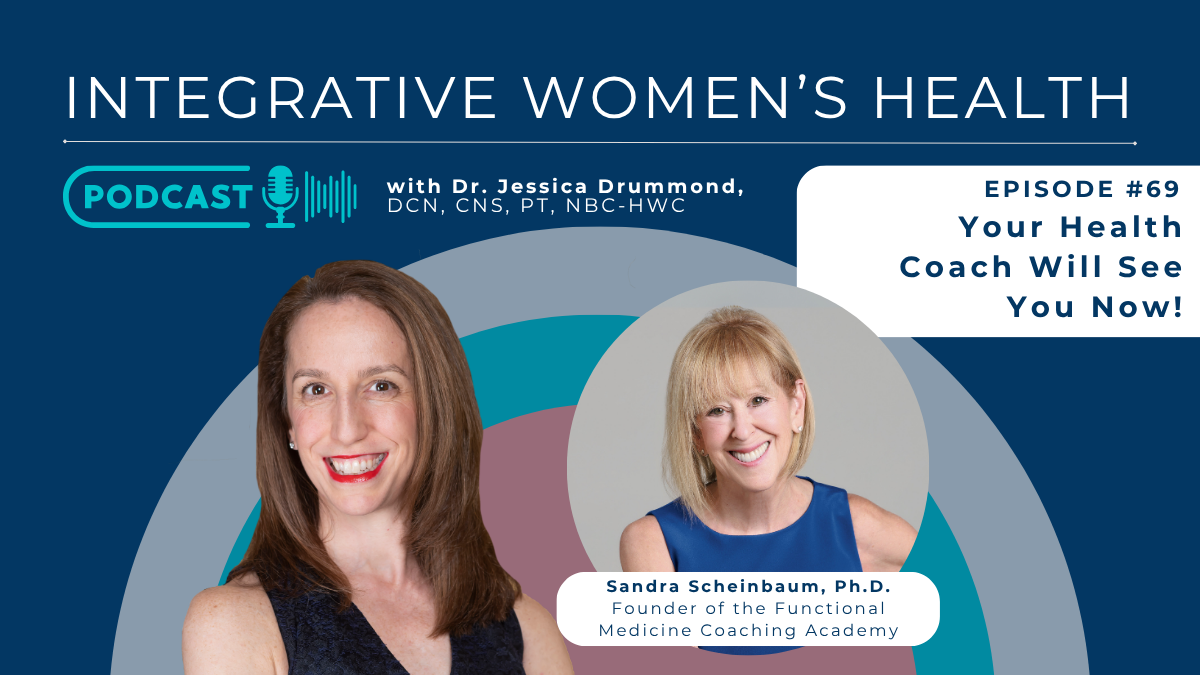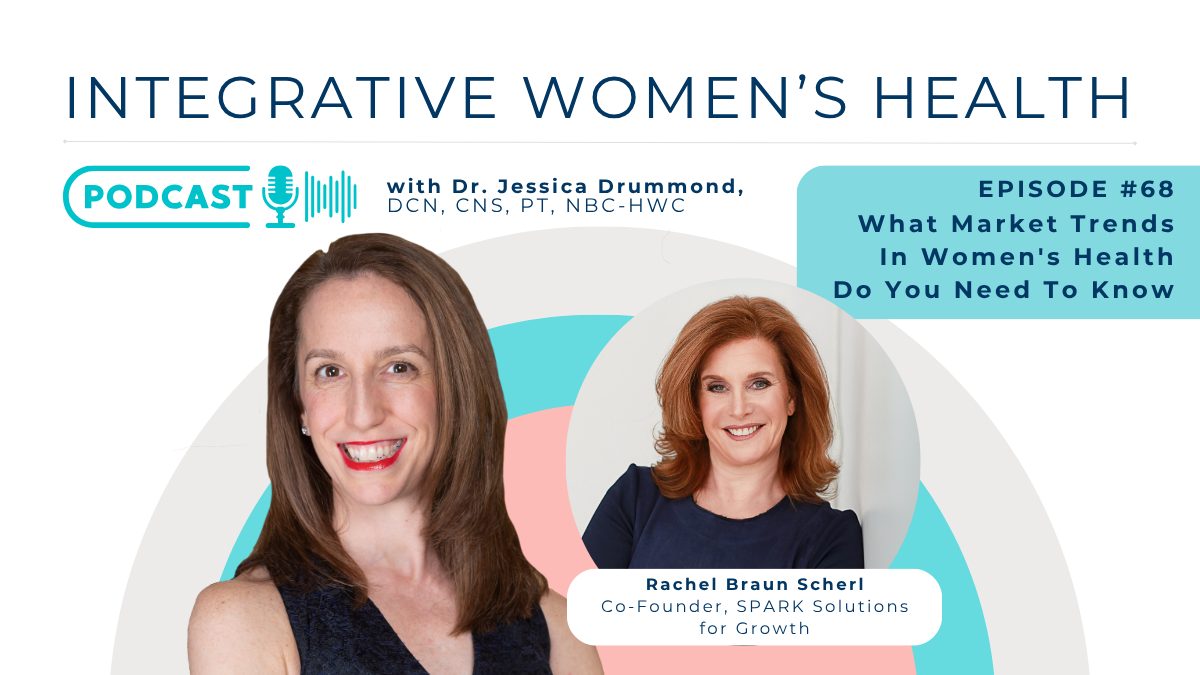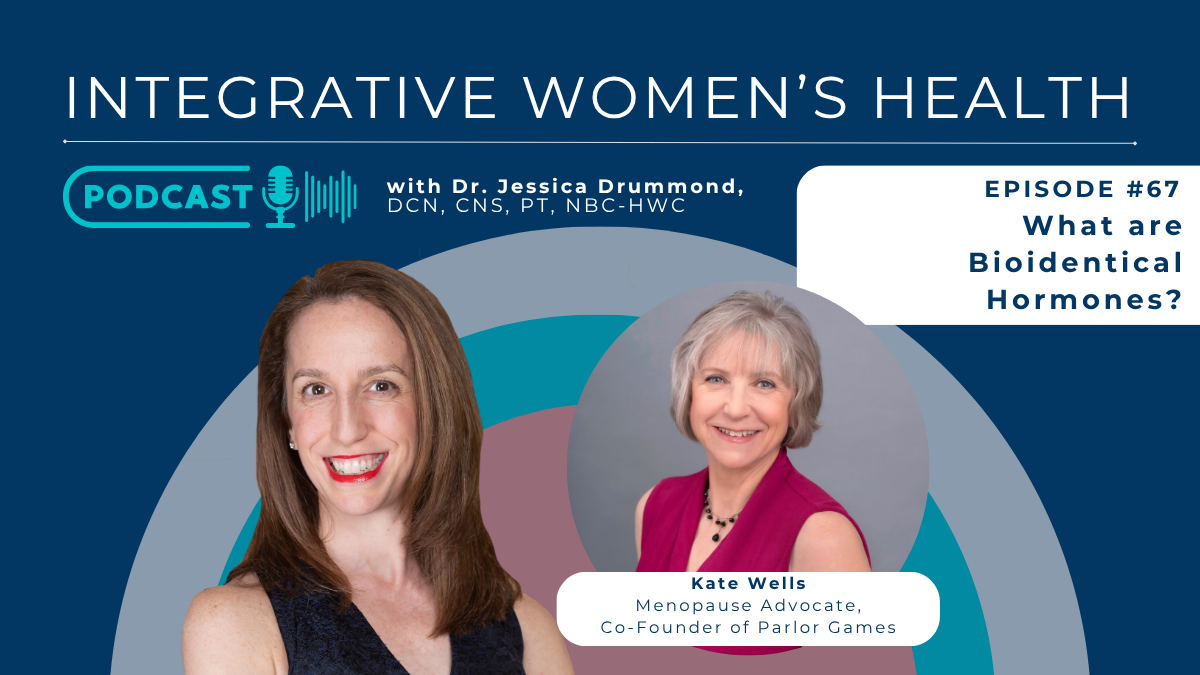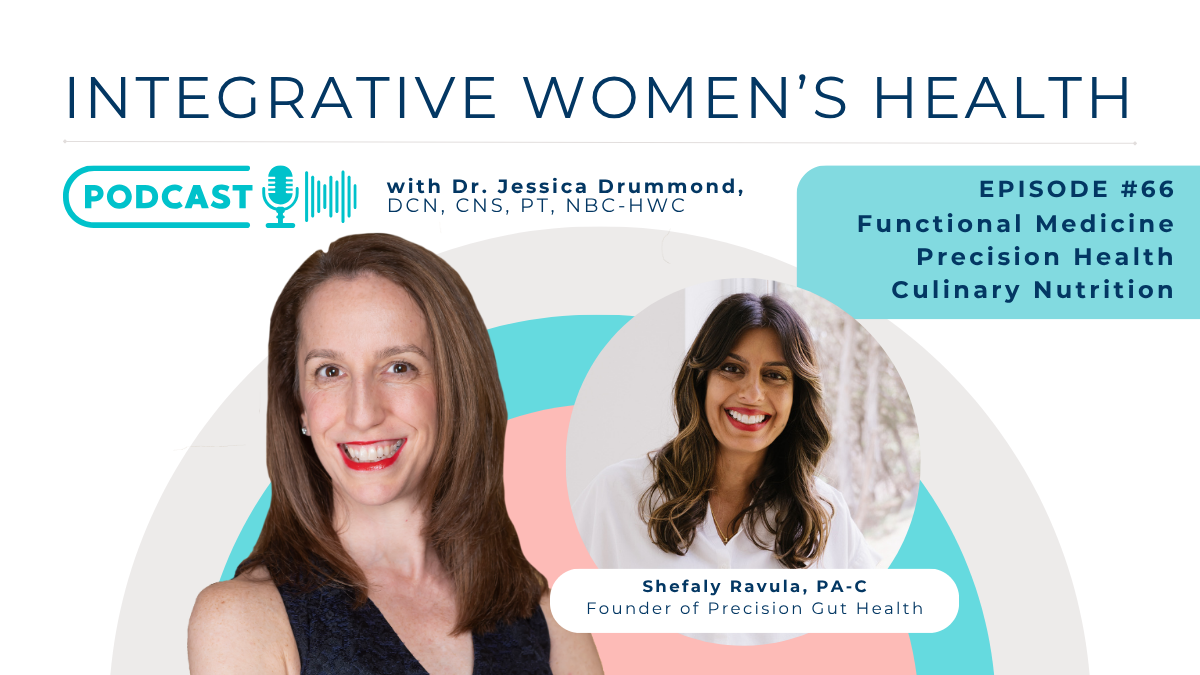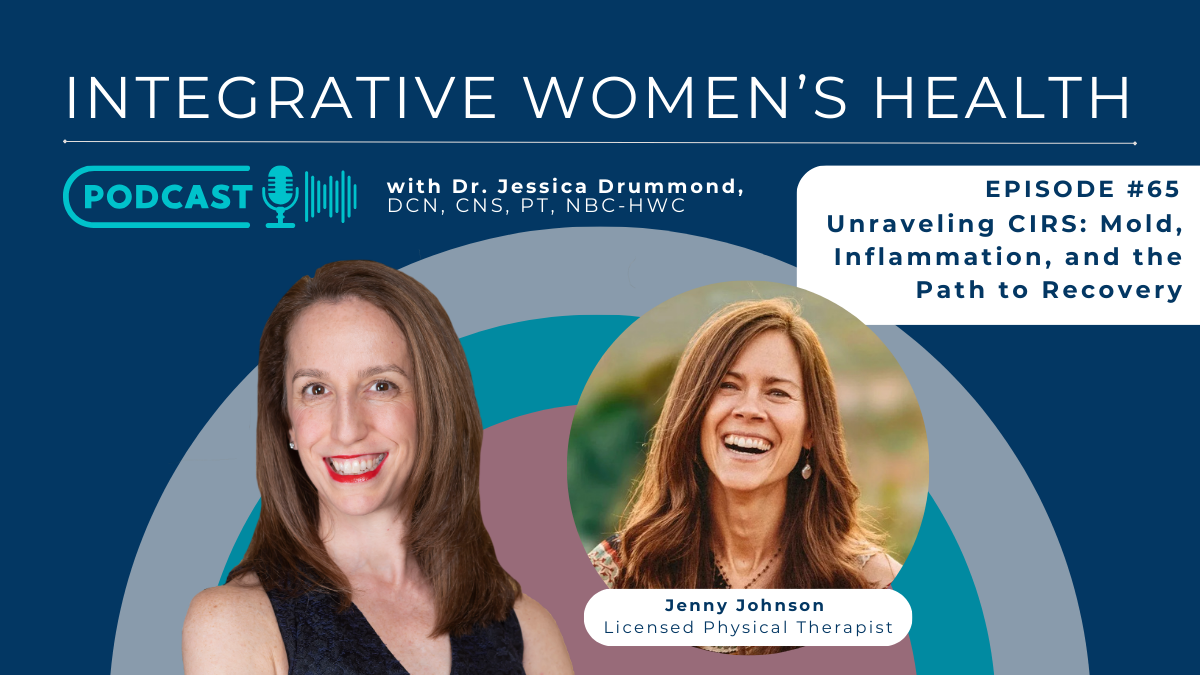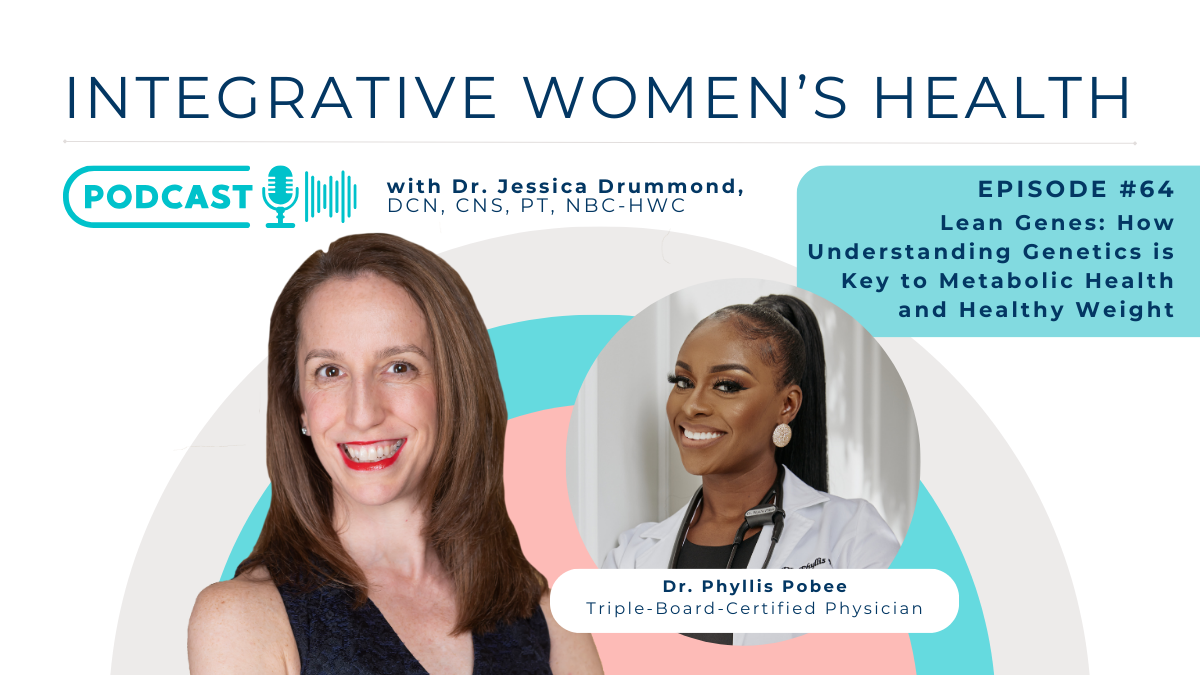Perimenopause, Pregnancy, and Fertility
During perimenopause, the production of key hormones – estrogen and progesterone, responsible for regular ovulation and preparation of the uterine lining for potential pregnancy, starts fluctuating.
As a result, menstrual cycles become irregular. There could be longer gaps between periods, and sometimes, they might even skip a few months.
However, even with irregular ovulation, conception is still possible.
If ovulation occurs and the egg is fertilized by a sperm, a woman can become pregnant.
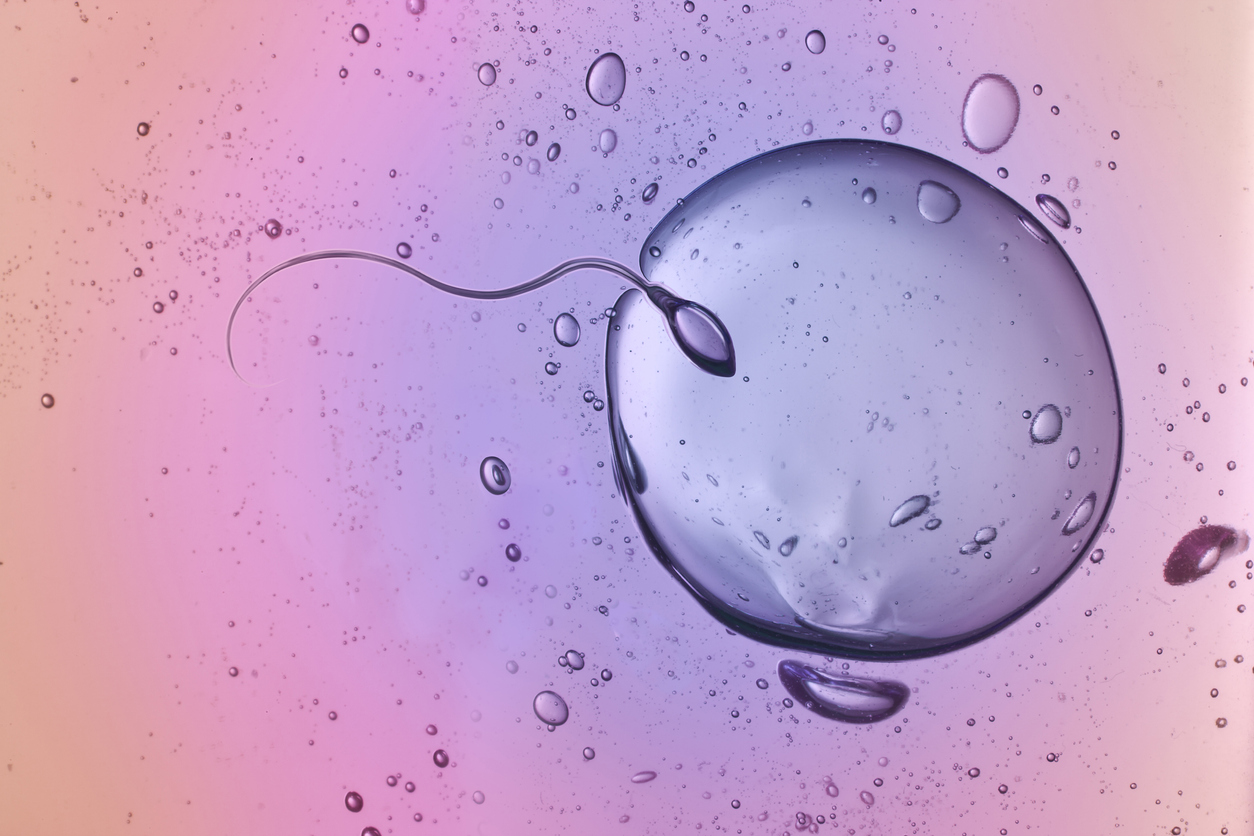
As perimenopause does not mark the immediate cessation of fertility, if a woman is sexually active and not using contraception, there remains a chance of pregnancy.
Quality of Eggs During Perimenopause
With advancing age, both the quantity and quality of eggs in the ovaries decrease.
The reduced egg quality can lead to issues with fertilization, implantation, and development of a healthy fetus.
This is one of the reasons why getting pregnant naturally during perimenopause can be more challenging.

Risks Associated with Pregnancy During Perimenopause
There is little research on the risks of pregnancy during perimenopause. Thus, each case must be considered individually.
Pregnancy during perimenopause presents in 2 distinct categories:
Women who have utilized assistive reproductive technologies and those who have become pregnant spontaneously.
Women becoming pregnant utilizing assisted reproductive technologies have pregnancy risks associated with that treatment, but are at lower risks of a fetus affected by aneuploidy. Those using assistive reproductive technologies are screened rigorously for medical complications, thus they tend to have lower risk of maternal medical complications, such as diabetes or hypertension.
In contrast, women conceiving spontaneously are more likely to be of high parity, and may have additional medical complications such as obesity, hypertension or diabetes which become increasingly common through the lifespan.
In addition to the increased risk of antenatal complications during perimenopause such as miscarriage, ectopic pregnancies, gestational diabetes and hypertension, perimenopausal women have higher risk of unexplained stillbirth and having to undergo a Cesarean section.
Repetitive cesarean section is a risk factor for future development of anemia especially in the perimenopausal period.
Assisted Reproductive Technologies (ART) During Perimenopause
For women experiencing difficulty getting pregnant naturally during perimenopause, ART might be a consideration. This includes techniques like In Vitro Fertilization (IVF) or using donor eggs. However, these procedures don’t guarantee a successful pregnancy and can be physically and emotionally taxing.

Older Fathers and Associated Pregnancy Risks
Declining Fertility
While men continue to produce sperm throughout their life, sperm quality (including motility and morphology) and semen volume can decrease with age, reducing the chances of successful fertilization.
Genetic Mutations
The frequency of genetic mutations in sperm increases as men age. Sperm-producing cells (spermatogonia) divide throughout a man’s life, and each division carries a risk of introducing a new mutation.
Increased Risk of Autism and Schizophrenia
Research indicates that children born to older fathers have a slightly higher risk of developing neurodevelopmental disorders like autism and schizophrenia. While the absolute risk remains low, the relative risk increases with paternal age.
Risk of Chromosomal Abnormalities
Certain rare chromosomal disorders, including Apert syndrome, Pfeiffer syndrome, and achondroplasia (a form of dwarfism), are associated with increased paternal age.
Increased Risk of Certain Childhood Cancers
Both advanced maternal age and advanced paternal age are associated with increased risks of some childhood cancers in the offspring. For example, both maternal and paternal older ages were associated with risk of lymphoma.
Risk of Miscarriage
Research has shown that pregnancies where the father is over 45 years old have a higher risk of miscarriage compared to younger fathers. This is thought to be due to the higher frequency of sperm DNA mutations in older men.
While it is biologically possible to get pregnant during perimenopause, the associated risks and challenges increase. It’s essential for women and their male partners to have informed discussions with their healthcare providers about their reproductive health, pregnancy plans, and overall wellness during this transitional phase of life.
Join Dr. Jessica Drummond, the founder and CEO of the Integrative Women’s Health Institute, for an exclusive webinar designed for health and wellness professionals who aspire to excel in menopausal symptom management.
Dive deep into her proprietary and comprehensive, seven-step approach to managing perimenopause and menopause symptoms, especially for complex cases.
Nourishment to Reduce Risks of Advanced Maternal and Paternal Age Pregnancies
Nutrition to optimize egg and sperm quality can reduce risks associated with advanced maternal or paternal age pregnancies, and improve maternal health throughout the pregnancy in perimenopause and for years to come.
Read More Perimenopause and Menopause Blogs
Solutions for Vulvovaginal Atrophy
Exercise and Hormones in Women Over 40
References
1. Park, J. Y., & Lee, S. W. (2017). A history of repetitive cesarean section is a risk factor of anemia in healthy perimenopausal women: The Korea National Health and Nutrition Examination Survey 2010-2012. PloS one, 12(11), e0188903. https://doi.org/10.1371/journal.pone.0188903
2. Tower C. (2009). Pregnancy in peri- and postmenopausal women: challenges in management. Menopause international, 15(4), 165–168. https://doi.org/10.1258/mi.2009.009040
3. Janecka, M., Mill, J., Basson, M. A., Goriely, A., Spiers, H., Reichenberg, A., Schalkwyk, L., & Fernandes, C. (2017). Advanced paternal age effects in neurodevelopmental disorders-review of potential underlying mechanisms. Translational psychiatry, 7(1), e1019. https://doi.org/10.1038/tp.2016.294
4. Wang, R., Metayer, C., Morimoto, L., Wiemels, J. L., Yang, J., DeWan, A. T., Kang, A., & Ma, X. (2017). Parental Age and Risk of Pediatric Cancer in the Offspring: A Population-Based Record-Linkage Study in California. American journal of epidemiology, 186(7), 843–856. https://doi.org/10.1093/aje/kwx160
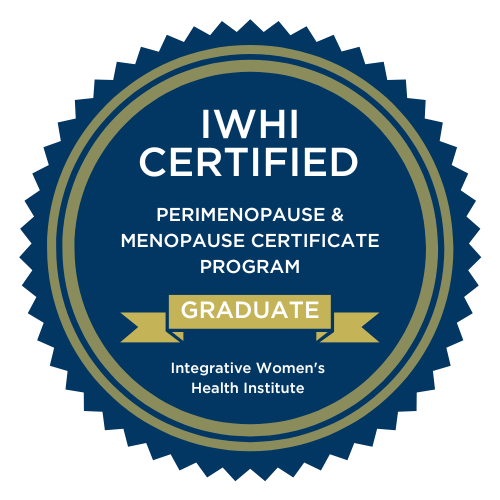
BECOME A MENOPAUSE EXPERT
IN 6 MONTHS OR LESS!
Fast-track to becoming a specialized perimenopause and menopause expert in under six months.
Receive an authenticated certificate to display on your website and in your office upon program completion.
Stand out in the marketplace as a practitioner who specializes in the management and treatment of perimenopause, menopause and associated symptoms and conditions.

